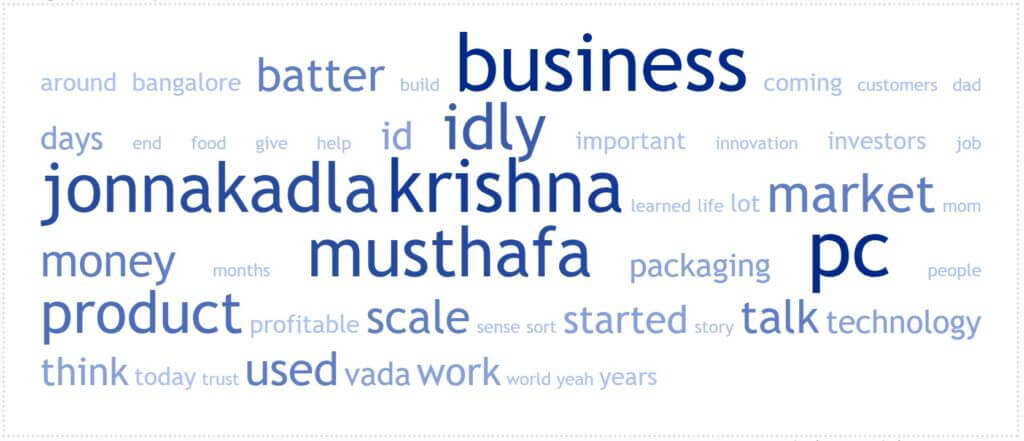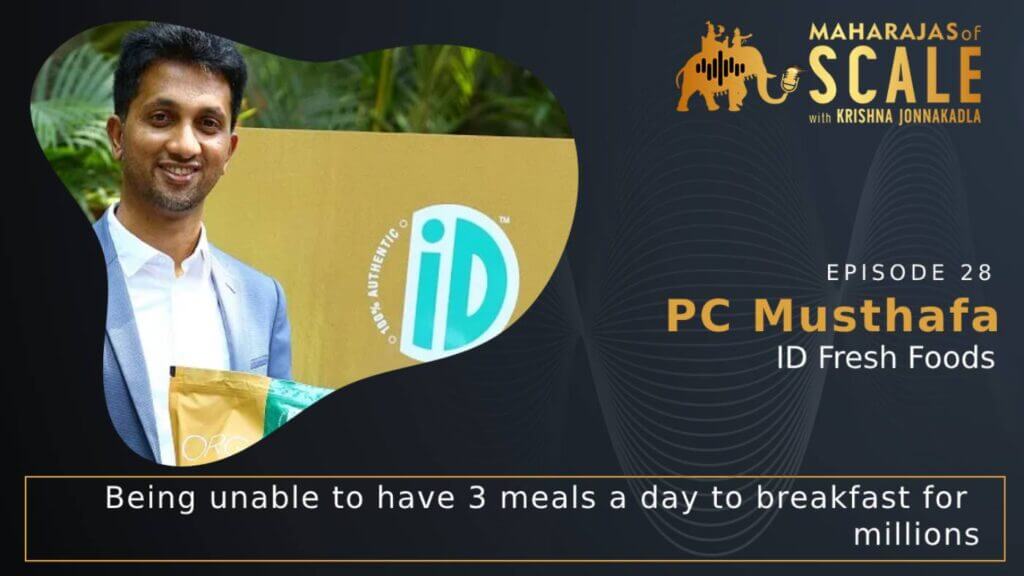
Being unable to have 3 meals a day to making breakfast for millions
How to succeed with a Food Tech Startup in India? Food – It is the first element of the trinity of basic needs that is part of Indian folklore – Roti, Kapda, Makaan
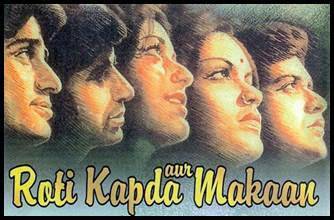
or at the base need in Maslow’s hierarchy of needs
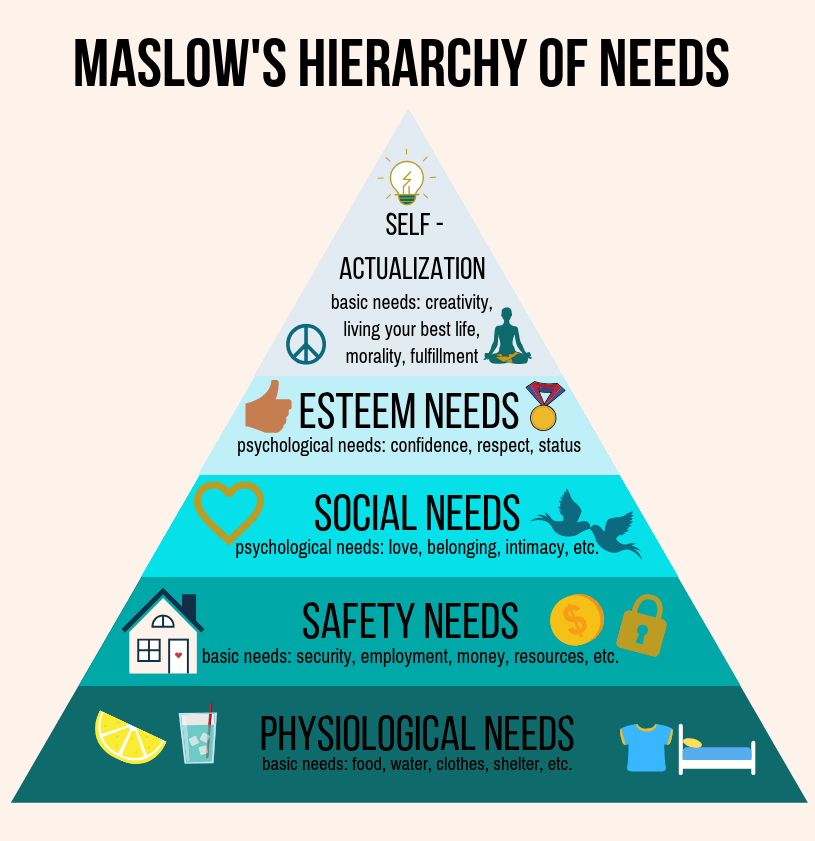
The Indian Food Tech Market
The Indian Market by any stretch of imagination has always been a huge market. If one were to consider basic needs such as food, it has been an eternal market. Albeit one with simple models. The Mumbai Underworld traces its origins to protection that the so called Udupi Brahmin entrepreneurs who wanted protection for their restaurants and hotels.
From Processed Food to staples to Pickles and Masalas, India is full of household names and brand in Food. Given the size of the Indian market and an exploding middle class, the Indian Food Market has been and still is considered a huge market.
As a result, since 2011, it has been anything but a simple market having seen thousands of startups.
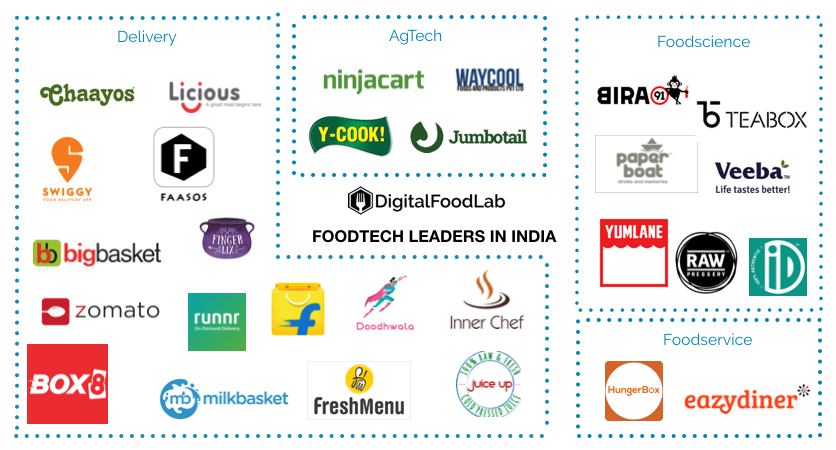
How To Succeed with a Food Tech Startup in India?
In spite of the amount of money that has been poured into the Food Tech Market and the Size of India’s market and the sophistication it has acquired, success has not been easy. Food Panda, an online food delivery platform does not almost exist. Burrp – a pioneer in the Indian restaurant rating space no longer exists.
That begs the question – How to Succeed with a Food Tech Startup in India? Perhaps, the answer lies in looking more closely at India’s basic food needs. Going even more down at the hierarchy of needs. The story of PC Musthafa is therefore quite fascinating. It is an unlikely story! But read on and do listen!
PC’s Story
PC Mustafa or PC as he prefers to be called walked miles to go to school. At a certain point, he considered dropping out as he was a below average student. He continued this streak of being a below average student into adulthood. Smitten by the IIM Campus in Bangalore and being unable to summon the courage to request the security guard to let him take a peek, he swore he would get in right royally. He eventually got into the hall of fame.
Around the same time, he was throwing around ideas with his cousins in Bangalore to start something. One thing lead to another and they ended up starting a business manufacturing and distribution of Idly batter. But the road was not an easy one. How did PC overcome challenges and make ID Fresh the brand, the largest fresh food distributor in the world? This is the story
Here are some excerpts from the episode
Difficult Beginnings
So during those days, education was not of importance. As I mentioned earlier, three time meal was a distant dream and breakfast was actually and we struggled to eat three time meals during those days. My dad was doing a daily wage work in a farm as he was finding it difficult to meet ends of the family.
I ended up doing daily wage work with him at the age of 10 during my summer holidays, and you know weekends and sometimes I used to bunk school and work with him to support at the age of 10, education was not given importance, and I was very poor in my studies. I failed in class 6. And I stopped going to school for a while. I then start to work going into the farm with my dad, you know doing the daily wage work along with him
PC Musthafa 06:23
I happen to see this beautiful campus of IIM Bangalore. You won’t miss it. It is such a beautiful campus in the city. I felt like going to the campus but didn’t know anyone in the campus. And moreover, I didn’t have courage to go and check in with security to get permission to enter the campus. But that day I determined that I will enter this campus one day of my life.
PC Musthafa 18:30
Initial Customers and Retailers
Initial days because customers are not willing to buy such a product. Okay. Retailers, of course didn’t believe in this kind of product. And consumers wouldn’t believe a batter in a pack. So we had given ourselves six months time to prove this concept. And what we told initially to ourselves was we will give it will try for six months. If it doesn’t work out then, we will withdraw funds from the business after six months.
PC Musthafa 23:23
It ticks every parameter, every checkbox for it to become an attractive product as a business opportunity. Scalability, profitability and sustainability. All ticked. So when we started, right people used to ask us, why idly business. Why is this, is it a rice trading business?
Are you doing rice? Idly rice? Why did you quit your IT job and move to Idly business? My question to them is, why not Idly? Idly is most sustainable business in the word. It’s the most profitable business in the world. It is the highest scalable business is the world. And as we all know, Idly is the most eaten food in the world.
PC Musthafa 35:39
Not a fancy business
So Idly business is not a fancy business, there is no money. We only had limited resource. We had only 15 lakhs rupees savings with us. This business is not a fancy business, there is no investor, this business idea is with you, we don’t come from from no business family. So, there is no other way for us to raise the money as well.
PC Musthafa 45:48
ID runs on IT and that’s a fact when we started ID, we were sending hundred packets to markets and 90 used to come back unsold, in a period of three years we started selling 2000 packets market and 500 used to come back unsold. There was no way for me to make this business profitable and scalable with this kind of wastage that’s when we started using data and technology
PC Musthafa 52:38
Yes and make it scalable, profitable and sustainable. In fact, what I’ve learned is my biggest asset today is my distribution network, see, usually packaging is considered as a container right? That’s a general perception about the packaging, usage of packaging it but packaging has to be looked as the larger picture.
PC Musthafa 58:29
Show Notes
Follow PC Mustafa on
Musthafa PC – LinkedIn India
Musthafa PC (@Musthafa_PC) | Twitter
Here’s what the Word Cloud looks like for this episode
